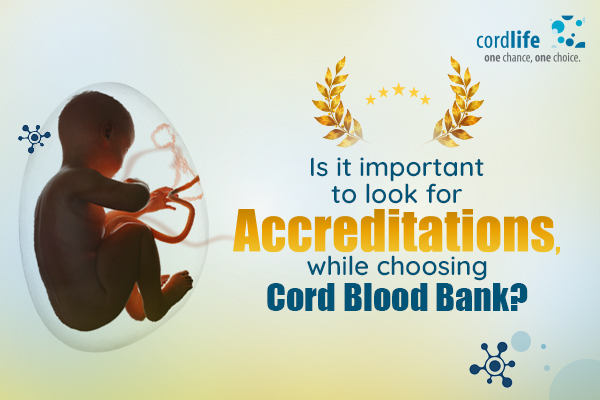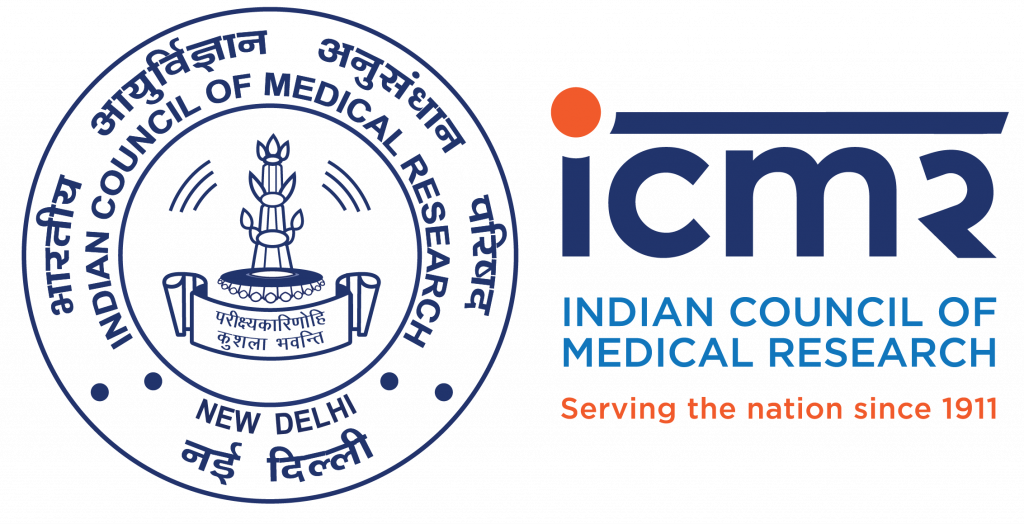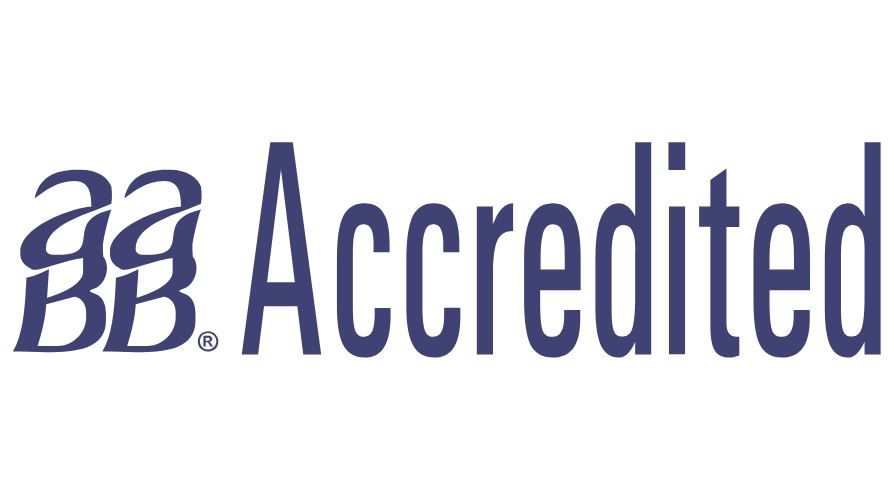Table of Contents
Internationally accepted and recognized accreditations are important for a cord blood bank. Accreditations certify that the blood bank has been appraised by authorized bodies for competency, credibility, operational efficiency, and quality management of processing and cryopreservation protocols to ensure the safety of the umbilical cord blood stem cells that are being preserved. Accreditations are quality checks to maintain standards.
In 2007, the Indian Council of Medical Research (ICMR) and the Department of Biotechnology (DBT) developed standards and guidelines for stem cell research and cord blood banking in India. These guidelines are based on the standards issued by the American Association of Blood Banks, or AABB, which is considered the standard for cord blood banking globally.
Central Drugs Control Standard Organization (CDSCO) under the Drugs Controller General of India (DCGI) is responsible for issuing licenses to cord blood banks in India. DCGI follows the guidelines developed by the ICMR and DBT, in agreement with AABB standards, to issue licenses to cord blood banks in India.
Therefore, it is critical to ensure that the cord blood bank of your choice, where you plan to preserve your baby’s cord blood, is listed under the DCGI. The government can crackdown on unlicensed cord blood banks anytime and you may lose valuable cord blood forever.
Why the AABB Accreditation is Important?
The AABB accreditation is designed to improve the quality and safety of baby stem cell collection and baby stem cell storage. The AABB ensures safety in the collection, testing, processing, and preserving of umbilical cord blood. Once accredited, the establishment goes through the accreditation process every two years.
- The AABB is an international voluntary non-profit organization.
- The AABB has been setting standards for public and private cord blood banks for over 20 years.
- The accreditation involves meticulous evaluation of the cord blood bank’s policies, processes, and procedures.
- The AABB lists requirements for maternal screening and testing.
- It requires checks for proper processing, storage, and patient outcomes.
- Accreditations may be granted to a facility for several different activities including processing, testing, and storage.
- Accreditations can be also received for following proper donor testing protocols.
- The AABB accreditation follows a risk-solving approach and doesn’t merely depend on a checklist.
- The AABB provides customized technical assistance to the cord blood bank during the accreditation process for smooth evaluation.
- The AABB’s strict verification process focuses on minimizing any risk or health hazard to the donors and transplant patients.
- The AABB standards are revised every two years by eminent stem cell transplant physicians for the accuracy of the process.
Guidelines for Cord Blood Banks in India
In India, there is a separate guideline for cord blood banks that complies with the AABB standards. Here, a cord blood bank needs a license to preserve and distribute cord blood. The guidelines outline the following:
- The collection, testing, storage, and release requirements for umbilical cord blood.
- The specific building and room requirements.
- The specific measures to minimize the risk of contamination from external factors.
- Mandatory screening requirements for certain infections including hepatitis, syphilis, and HIV.
- The regulation also requires the cord blood unit to test for fungal and bacterial contamination.
To Conclude
Cordlife has been both nationally and internationally accredited. So, As a parent, before select a cord blood bank of your choice that has received certain accreditations, we tell you why Cordlife, a brand known for its premium-ness should be your first and only choice.


